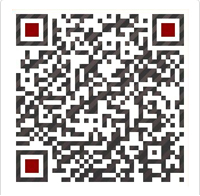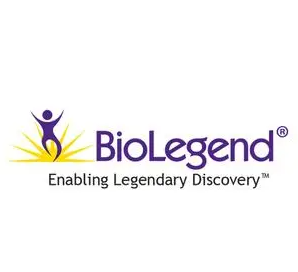Product Details
- Verified Reactivity
- Human
- Antibody Type
- Monoclonal
- Host Species
- Mouse
- Immunogen
- Recombinant human CD279 protein
- Formulation
- 0.2 ?m filtered in phosphate-buffered solution, pH 7.2, containing no preservative. Endotoxin level is <0.01 EU/?g of the protein (<0.001 ng/?g of the protein) as determined by the LAL test.
- Preparation
- The Ultra-LEAF? (Low Endotoxin, Azide-Free) antibody was purified by affinity chromatography.
- Concentration
- The antibody is bottled at the concentration indicated on the vial, typically between 2 mg/mL and 3 mg/mL. Older lots may have also been bottled at 1 mg/mL. To obtain lot-specific concentration, please enter the lot number in our Concentration and Expiration Lookup or Certificate of Analysis online tools.
- Storage & Handling
- The antibody solution should be stored undiluted between 2°C and 8°C. This Ultra-LEAF? solution contains no preservative; handle under aseptic conditions.
- Application
-
Block - Quality tested
- Recommended Usage
Each lot of this antibody is quality control tested by blocking hPD-1 and hPD-L1 binding in the presence of 0.8 ?g/mL hPD-1 Biotin. ND50 range: 0.1– 0.5 ?g/mL. It is recommended that the reagent be titrated for optimal performance for each application.
- Application Notes
A17188B antibody can block the binding of NAT105 and EH12.2H7 antibodies to the target.
- RRID
- AB_2820104 (BioLegend Cat. No. 621603) AB_2820105 (BioLegend Cat. No. 621604)
Antigen Details
- Structure
- 55 kD type I transmembrane protein
- Distribution
-
Transiently expressed on CD4- and CD8- thymocytes, upregulated in thymocytes and splenic T and B lymphocytes, and is expressed on activated myeloid cells.
- Function
- Signaling and co-stimulation (co-inhibition)
- Interaction
- SHP-1 and SHP-2
- Ligand/Receptor
- PD-L1 (CD274) and PD-L2 (CD273)
- Cell Type
- Lymphocytes, T cells
- Biology Area
- Cell Biology, Immuno-Oncology, Inhibitory Molecules
- Molecular Family
- CD Molecules
- Antigen References
-
- Ishida Y, et al. 1992. EMBO J. 11:3887
- Francisco LM, et al. 2010. Immunol Rev. 236:219
- Gene ID
- 5133 View all products for this Gene ID
- UniProt
- View information about CD279 on UniProt.org








